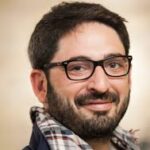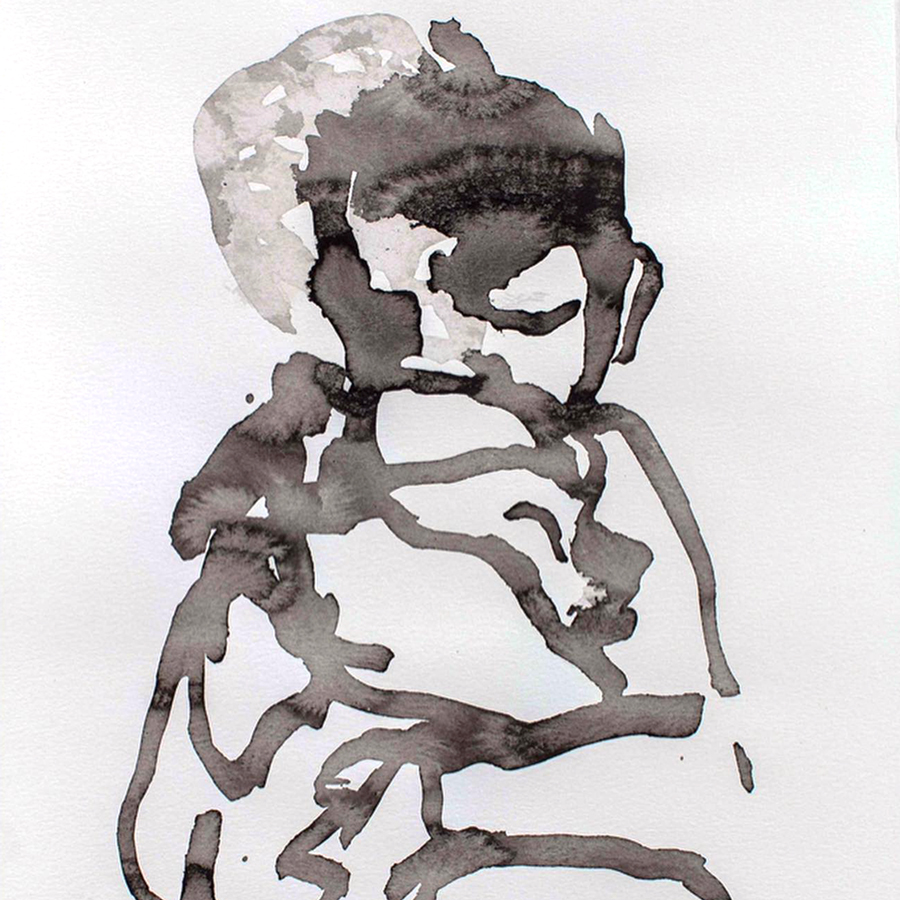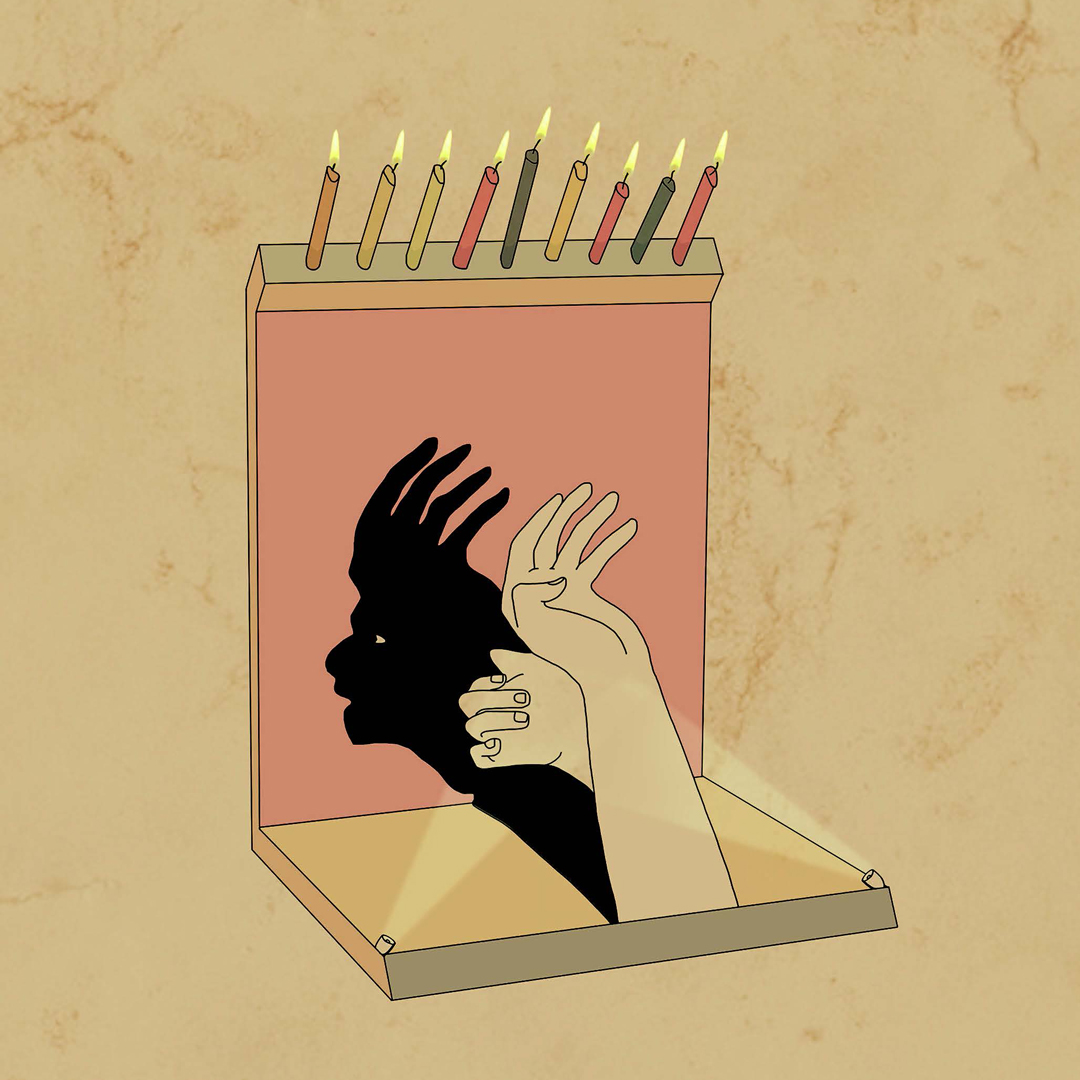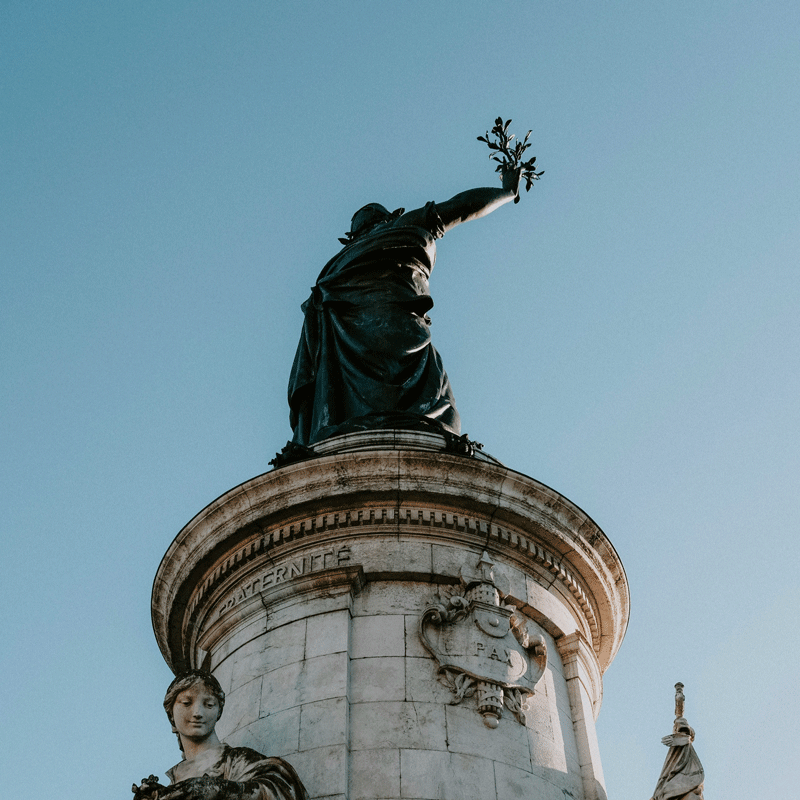
Courtesy of Sommer Gallery and the artist
À retrouver sur Art Source
INTERVIEW WITH THOMAS HUCHON
The ConspiHunter project might seem like a journalism school joke. And yet, this in-depth documentary is the product of a vast effort that leaves little room to chance. What was your goal?
Together with Gérald Bronner, Rudy Reichstadt, and the teams at Spicee, we actually created a conspiracy. We thought it might be the best way to tackle all the inaccurate content, false information, and fake news that pollutes the Internet. When you attack the lies in a very forward, aggressive manner it doesn’t work with either the conspiracy theorists or their followers. It’s futile to fight faith with rationality. We believed that one of the most effective ways to fight the phenomenon was to show how our brains work, how they are trapped by fake news.
The film went viral very quickly. One teacher invited us in to talk to her class about it. After this first experience, I became a type of teacher. It’s been five years now, and I’ve run programs for youth aged 12–20 in ninety cities across France. I also lead teacher training workshops, I work to help de‐radicalize prisoners, and I teach students at Sciences Po how to distinguish truth from lies in the daily flow of information.
When you work with these classes, what are you trying to do?
The point is not to deliver incontrovertible truths. My goal is to return facts to the centre of the conversation and explain how the Internet works, so that students are able to interpret these facts and construct their own position according to their culture and background. We need to recreate a space for sharing in order to regain our ability to debate and ultimately live together.
You build a conspiracy around AIDS, which is not as front-and-centre for teens as it was thirty years ago. Is this less risky than touching on a different theme—anti-Semitism, for example—that might, in some classes, shut down all opportunity for debate?
Based on my experience, nothing is off the table, not even the word Jew ! When I work with youth, many of whom have never met a journalist before, the first thing I do is demystify my job. I talk about ethics and methodology before addressing different forms of discrimination and conspiracy theory.
Even if some sessions are harder than others, the horizontality of the discussion calms tensions. The workshops are successful because I begin every session by telling students they can say anything. I have two conditions : that they remain respectful and honest.
I don’t have too many problems since I basically address the ways in which fake news is presented to us. These kids can’t bear to think they are being manipulated : they need and want us to help them understand. I play mind games with them, my documentary traps them emotionally and, at first, they’re quite angry when they realize they have been fooled. At this point they are ready to move from emotion to reason, and together we can examine how fake news is produced.
You ask students to come up with their own conspiracy theories, similar to what you did with ConspiHunter. Isn’t there a risk involved?
There is always a risk, but in five years I’ve never had any outbursts. I have more difficulty in prisons when I’m working with people convicted of jihadism, racist violence… The only thing they could agree on was that I was a sellout to the system.
I never let these little lies touch on themes that could be linked to ideology. I use elements from pop culture to show how lies proliferate. We’ll talk about Rihanna attacking Fort Boyard’s Passe‐Partout with an electric scooter : we’re not coming up with conspiracies around the Israeli‐Palestinian conflict. By manipulating our cognitive biases in order to construct these theories, we are better prepared to analyze the ones we might run into later. This doesn’t mean it will work every time, but you have to keep going. It’s too important not to.
Do you think European educational policy should make it a priority to teach students how information is created?
My workshops focus on more than the hunt for fake news. The real challenge is to reconstruct critical thinking skills in a world that is systematically playing to your emotions. When I first started my workshops, my biggest problem was called Dieudonné and Soral. Today, it’s called Facebook.
And the real problem isn’t that Facebook leaves fake news up—it’s the business model of all these platforms. This desire to make a profit at all costs, along with a massive, data‐driven capacity for surveillance, can only lead to bad things. There is a systematic premium on emotion, whatever the sector. Moderate, rational people are unable to make themselves heard. These platforms can also silence certain political discourses or even favour others during an election. The Big Five are only looking out for themselves. It turns out that fake news coming from the extreme right gets more traction, and therefore more money, so algorithms push these stories. Social media platforms don’t change the results of an election with fake news—they change the rules of the game.
If the rules of the game have changed, wouldn’t the best solution be to refuse to play?
Instead, we need to refuse to play by their rules. States must enforce current legislation and stop letting the Big Five push them around. The game is in their favour when faced with politicians who basically don’t understand any of the technical aspects of the digital world. The real problem isn’t “fake news or not”, it’s algorithm transparency and the responsibility of these platforms as content diffusers, as media giants. Contrary to what they’d have you believe, these platforms aren’t just channels through which information can circulate.
From the moment these platforms withhold similar content from you, or don’t let you access it at the same time, or recommend you visit other sites based on your user activity and its impact, influence, or language—this is the result of purposeful editorial choices. These companies have essentially become media outlets in the same way that print journalism or television are already. They must therefore have the same responsibility and be held accountable for their failures in front of the same justice system.
Interview by Delphine Auffret
Translated by Arielle Aaronson




